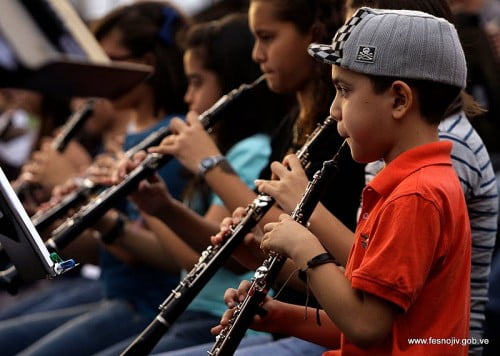Malala Yousafzai is the youngest person ever to be nominated for the Nobel Peace Prize, for actions starting when she was just 12 years old.
Sending people to school is the best way to fight terrorism.
Link to part 1 on TheDailyShow.com
Link to part 2 on TheDailyShow.com
Link to part 3 on TheDailyShow.com
See also an interesting discussion on Quora: Is Malala Yousafzai a good example or bad?

 I received the following email from my friend, noted playwright Rick Foster. While it is not about technology per se, it struck a chord with me and I asked Rick if I could share it on this blog. I also pointed out that this is why he should have a blog of his own.
I received the following email from my friend, noted playwright Rick Foster. While it is not about technology per se, it struck a chord with me and I asked Rick if I could share it on this blog. I also pointed out that this is why he should have a blog of his own.
